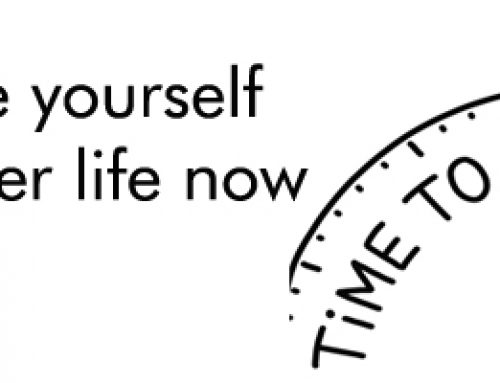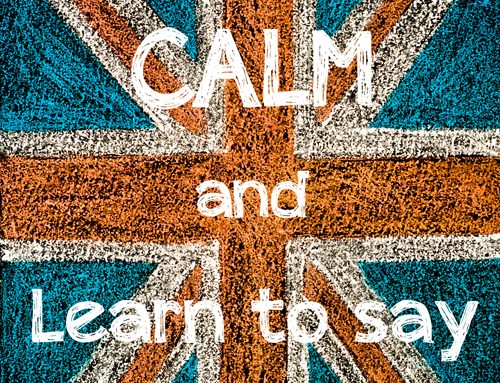How can people with different communication styles learn to effectively communicate with one another? Whether facing difficulty in communicating with a spouse, a boss, or a co-worker or whether trying to explain or understand an opposing point-of-view, recognising the different attention filters that one uses will help foster better communication skills.
Here are two examples of attention filters and how recognising them allows you to enhance your communication skills.
- Thinking styles. People tend to use their own thinking style when communicating with others, but when they adjust their language to match someone else’s thinking style, communication skills improve. When the language an individual uses is modified to adapt to someone else’s natural thinking style, one can more effectively communicate with them.
- Association / Disassociation. When arguments become too emotional, passion can override their reason, causing hurt feelings or the notion that one is being personally attacked. Likewise, criticism from a boss or a spouse may cause feelings of anger or resentment. Learning to disassociate from immediate emotions and look at the situation in an objective way cultivates more desirable communication skills.
These are just two examples of the many attention filters one might exhibit. Learning to recognise attention filters in oneself and in those with whom he or she associates will help to improve communication.
For more information on how learning NLP can dramatically improve your life, professional pursuits, and relationships, read our groundbreaking FREE ebook, “Resourceful Living: How NLP Can Improve Your Seven Life Streams”.
Roger Terry
Latest posts by Roger Terry (see all)
- Communication Skills for the Classroom - March 18, 2022
- Stop being your own worst enemy! - November 28, 2018
- Upgrade yourself for greater self understanding - November 3, 2018
- Upgrade yourself for a better life – download - October 26, 2018



